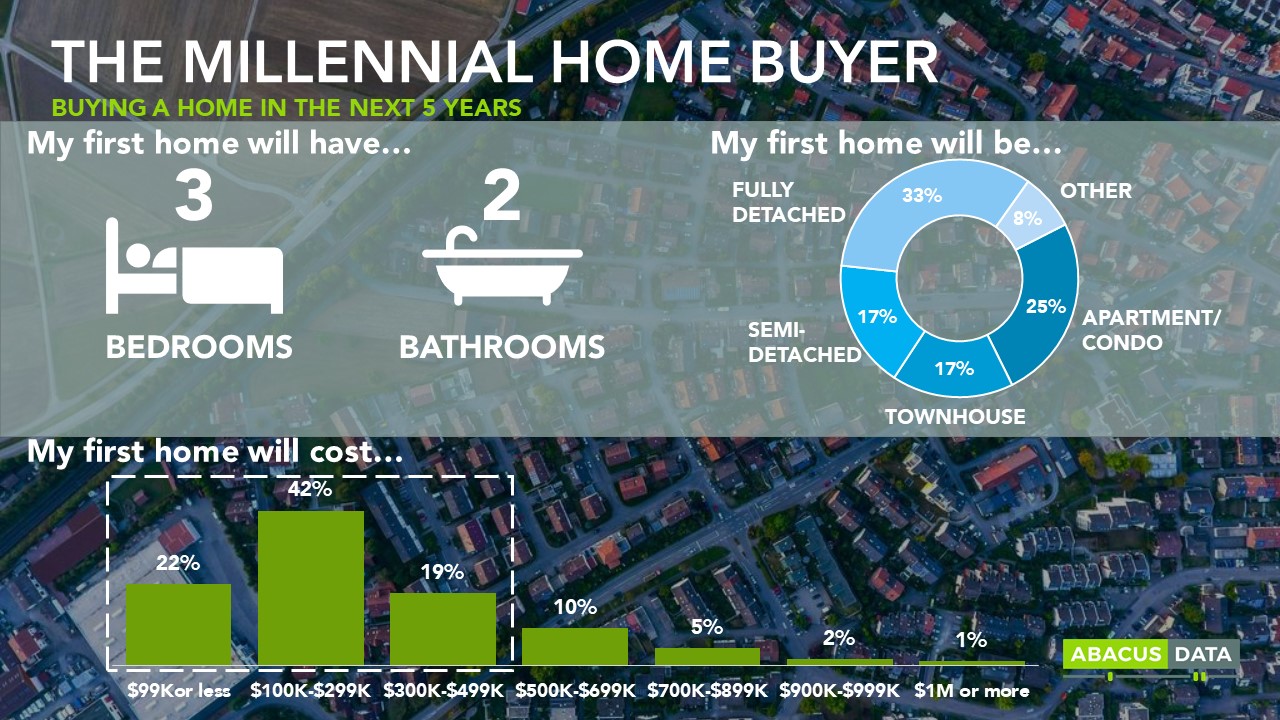Millennials twice as likely to fall victim to cyber crime new study suggests
November 10, 2017
As avid readers of our blog know, Millennials have, by-far, the greatest online risk exposure as compared to any older demographic. Millennials spend on average, 3 hours or more of their waking hours on the internet per day. With such exposure it is unsurprising that they would encounter a greater number of nefarious persons seeking to separate them from their income. Yet, we rarely hear of the poor Millennial being cheated out of their savings by a mysterious Nigerian prince. A new study out of the UK suggest that Millennials are more likely to fall for an internet scam than their 55+ year old seniors. Get Safe Online – a public-private not-for-profit initiative that educates UK consumers and businesses on cyber threats – commissioned a study that compared cyber scam incident rates across generations.
What they found was that approximately 1 in 10 Millennials ( aged 18-24) fell victim to phishing and other cyber scams last year. On average these Millennials lost £612 ($1,027 CAD) in each instance. Nearly half as many Boomers ( aged 55+), around 1 in 20, fell for a scam during the same period. Boomers lost on average £214 ($359 CAD) during each instance. To put this into context with their relative pocketbooks; when comparing the average disposable household income per person in the UK for 2015/2016 we see that Millennials had on average £12,032 ($ 20,325 CAD) while Boomers had £31,578 ($ 53,343 CAD) in post-tax income. This means that one tenth of Millennials are losing around 5% of their income to scams every year. At the last population estimate there were around 8.5 million UK Millennials in the age range of the study. If one tenth of them lose £612 each, it represents a little less than £530 million ($895 million CAD) that are going into the pockets of these cyber scammers annually.
In a recent study we conducted, Abacus Data found that Canadian Millennials were particularly cavalier with their information online. Almost all Millennials have at least 3 social media accounts while many have as numerous as 5. Nearly 86% of Millennials are on social media; creating and sharing content throughout the day, every day. Furthermore, most Millennials have online store profiles, subscribed to mailing lists, and other online fora in which they share personal and financial information. This willingness to trust strangers with their sensitive data is reflected in this high incident rate. Millennials might be digital natives, but it looks as though they are still digitally naïve. This underlines the need for continued education and awareness for Canadians of all generations, including Millennials.
In another study we conducted for the not-for-profit organization MediaSmarts – a public-private partnership which promotes digital and media literacy for children and youth in Canada; we found that over a third of Millennials did not believe primary and secondary schools were providing adequate cyber-safety training to students. Governments from at all levels need to look at their current digital security strategies and work with their constituents from all ages to help them protect themselves from these nefarious persons who might steal their data and their money.
Here at Abacus we specialize in Millennials. If you want to learn more about the Millennial Marketplace and how your organization fits in it, feel free to contact us and we’ll be more than happy to talk. You should also check out our Millennial Audit. With it, we’ll discover how your organization stacks up in the eyes of Canada’s most influential generation.



